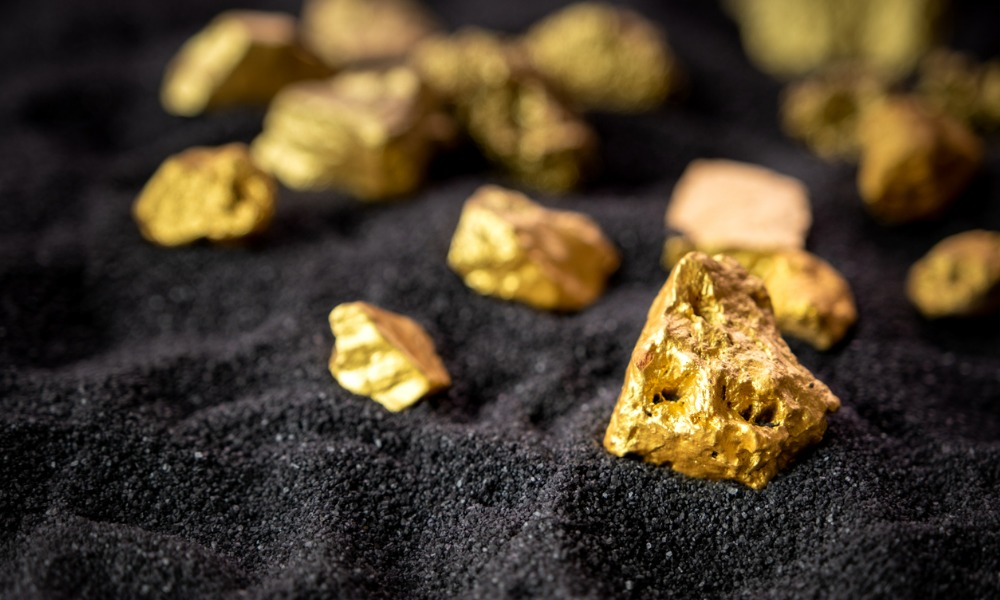Mineral rights to material dumped into lake reverted to government, then new purchaser of lake

The mineral rights over mined material reverted to the government and subsequently a new purchaser of an area around a lake when the material from the land subject to its leases was deposited into the lake, the British Columbia Supreme Court has ruled.
The case revolved around approximately 1.75 million tonnes of mined material containing gold and silver in potentially profitable concentrations. The material had been extracted from the Eskay Creek Mine and deposited into Albino Lake within the Tahltan Nation’s traditional territories.
In 2017, Richard Mill acquired mineral rights to the area of land including Albino Lake pursuant to Mineral Claim 1051761. He became a recorded holder of a mineral title under BC’s Mineral Tenure Act, 1996.
In 2020, Skeena Resources Ltd. bought Eskay Creek Mine, which had operated from 1994 to 2008. It acquired all its predecessors’ rights, leases, and permits, including all mineral claims and source leases for the mine issued under the Mineral Tenure Act. However, it did not hold mineral rights to the area of land including Albino Lake.
Skeena conducted exploratory drilling on the land area including Albino Lake and learned that the mined material had economic value. When Mill discovered Skeena’s actions, he filed an application under s. 13(1) of the Mineral Tenure Act to determine who owned the material.
In February 2022, BC’s chief gold commissioner decided, contrary to Skeena’s claim, that he had jurisdiction over the dispute. He then found that the mineral rights passed from Skeena to the government when Skeena lost its chattel interest in the mined material and that Mill acquired the mineral rights as part of Mineral Claim 1051761. He concluded that Mill owned the material.
The commissioner made the following findings:
- Skeena’s surface area lease – granted under BC’s Land Act, 1996 and covering the land parcel including Albino Lake – vested no right over the mined material except for the right to dispose of it as waste in Albino Lake
- Skeena relinquished ownership of the material to the government when it disposed of it
- Skeena, when depositing the material, considered it waste material and did not intend to store it for potential future use
- The mine permit did not grant Skeena any ownership rights over the material.
Purchaser of lake owned mined material
In Skeena Resources Ltd. v. Mill, 2022 BCSC 2032, the BC Supreme Court dismissed Skeena’s appeal.
First, the court ruled that the commissioner’s reasons for finding that Skeena lost its ownership interest in the mined material when it deposited it into Albino Lake lacked palpable and overriding errors. The decision was sustainable on its merits and adequate on the applicable review standard, the court said.
While the decision did not explicitly engage in statutory interpretation, it contained the elements of a rational and logical analysis, cited the relevant statutory provisions, briefly commented on them, and gave reasons supporting its conclusion, the court held.
Skeena’s chattel interest in the mined material reverted to the government when it removed the material from the land subject to its source leases and put it in Albino Lake, the court said. Mill acquired the mineral rights from the government when he obtained Mineral Claim 1051761, the court added.
Second, the court tackled the issue of whether the decision was procedurally unfair. Even if the commissioner breached procedural fairness by determining an issue not before him, setting aside the decision and remitting the matter back to him would serve no useful purpose, the court concluded.
The court rejected Skeena’s contention that it had no opportunity to be heard relating to two matters: first, the commissioner’s conclusion that the surface area lease did not authorize Skeena to conduct the exploratory drilling of the mined material in the land area with Albino Lake; and second, the commissioner’s characterization of Mill’s position as stating that, throughout the surface area lease’s period, a mineral title was always registered over the lands that the lease covered.










